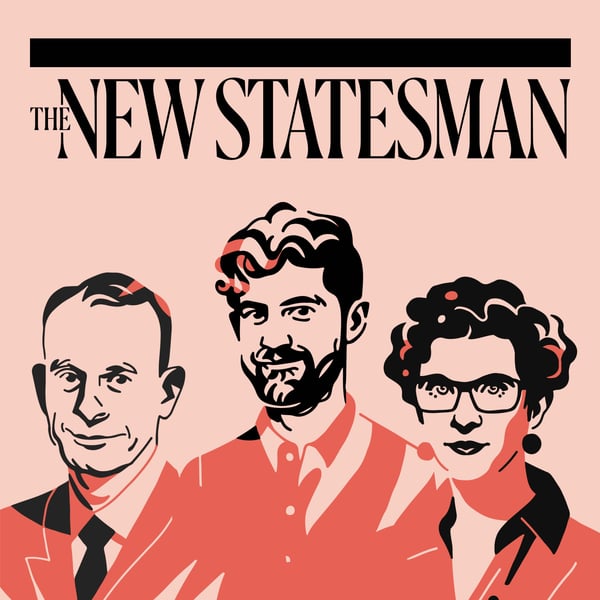How big is the economic crisis the UK is facing? With Duncan Weldon
The New Statesman | UK politics and culture
The New Statesman
4.4 • 1.4K Ratings
🗓️ 30 August 2022
⏱️ 31 minutes
🧾️ Download transcript
Summary
As the cost-of-living crisis and rapidly rising energy prices look set to push the UK into recession, how bad is the situation and what could be done about it?
The economist and journalist Duncan Weldon speaks to Will Dunn, the New Statesman’s business editor, about just how serious the crisis is, how it compares to the 1970s and why Liz Truss will find that tax cuts just won’t cut it.
Hosted on Acast. See acast.com/privacy for more information.
Transcript
Click on a timestamp to play from that location
| 0:00.0 | Imagine you, you in a nice comfy seat with your hands behind your head, |
| 0:07.6 | taking in the views instead of taking on the road, maybe even taking a nap. |
| 0:13.6 | That's the bliss of getting where you need to go without worrying about driving. |
| 0:19.2 | Book your train journey via AvantiWestcoast.co.uk and we'll take you there. |
| 0:24.4 | Avanti West Coast. Feel good travel. |
| 0:33.1 | The New Statesman |
| 0:42.4 | Hi, I'm Will. I'm the business editor at The New Statesman and today I'm speaking to |
| 0:47.9 | the economist and writer Duncan Weldon. |
| 1:00.0 | Duncan has written the cover feature for this week's New Statesman |
| 1:04.7 | on the inflation wars, the inflation and cost of living crisis in the UK and the fact that neither |
| 1:12.9 | of the conservative leadership candidates, Liz Truss or Rishi Sunak, seems to fully appreciate |
| 1:19.6 | the scale of the economic crisis into which Britain is headed. Duncan, welcome. |
| 1:26.1 | Thank you for having me on. Let's start by talking about where this inflation |
| 1:31.6 | is coming from. You describe it in the piece as a negative terms of trade shock, |
| 1:37.8 | which is a term used by economists. Would you mind putting it that into layman's terms for us? |
| 1:42.7 | Yes, so to translate that out of economies as it worked, what does happen really in the last |
| 1:48.1 | year is Britain is undergoing this negative terms of trade shock. The easiest way to understand |
| 1:53.9 | that is the price is as the price of goods we buy internationally, things like energy, |
| 1:59.6 | things like food as a reason and it's risen a lot more than the kind of goods that we sell overseas. |
| 2:06.2 | So the stuff we buy overseas has gone up in price very sharply. |
| 2:09.9 | Much of that has a result of the war in Ukraine. The price of stuff we're selling overseas |
| 2:15.2 | hasn't risen as much. So overall, the country is effectively poorer than we hoped it would be |
... |
Transcript will be available on the free plan in -945 days. Upgrade to see the full transcript now.
Disclaimer: The podcast and artwork embedded on this page are from The New Statesman, and are the property of its owner and not affiliated with or endorsed by Tapesearch.
Generated transcripts are the property of The New Statesman and are distributed freely under the Fair Use doctrine. Transcripts generated by Tapesearch are not guaranteed to be accurate.
Copyright © Tapesearch 2025.

